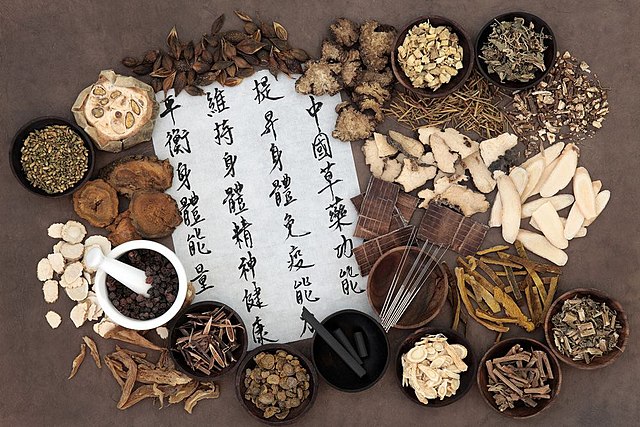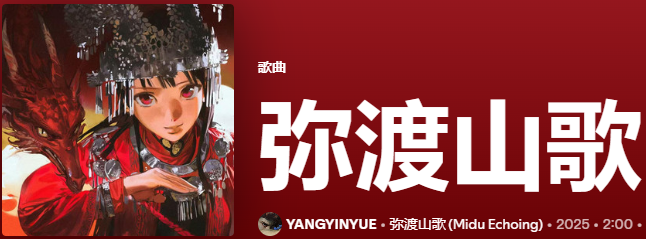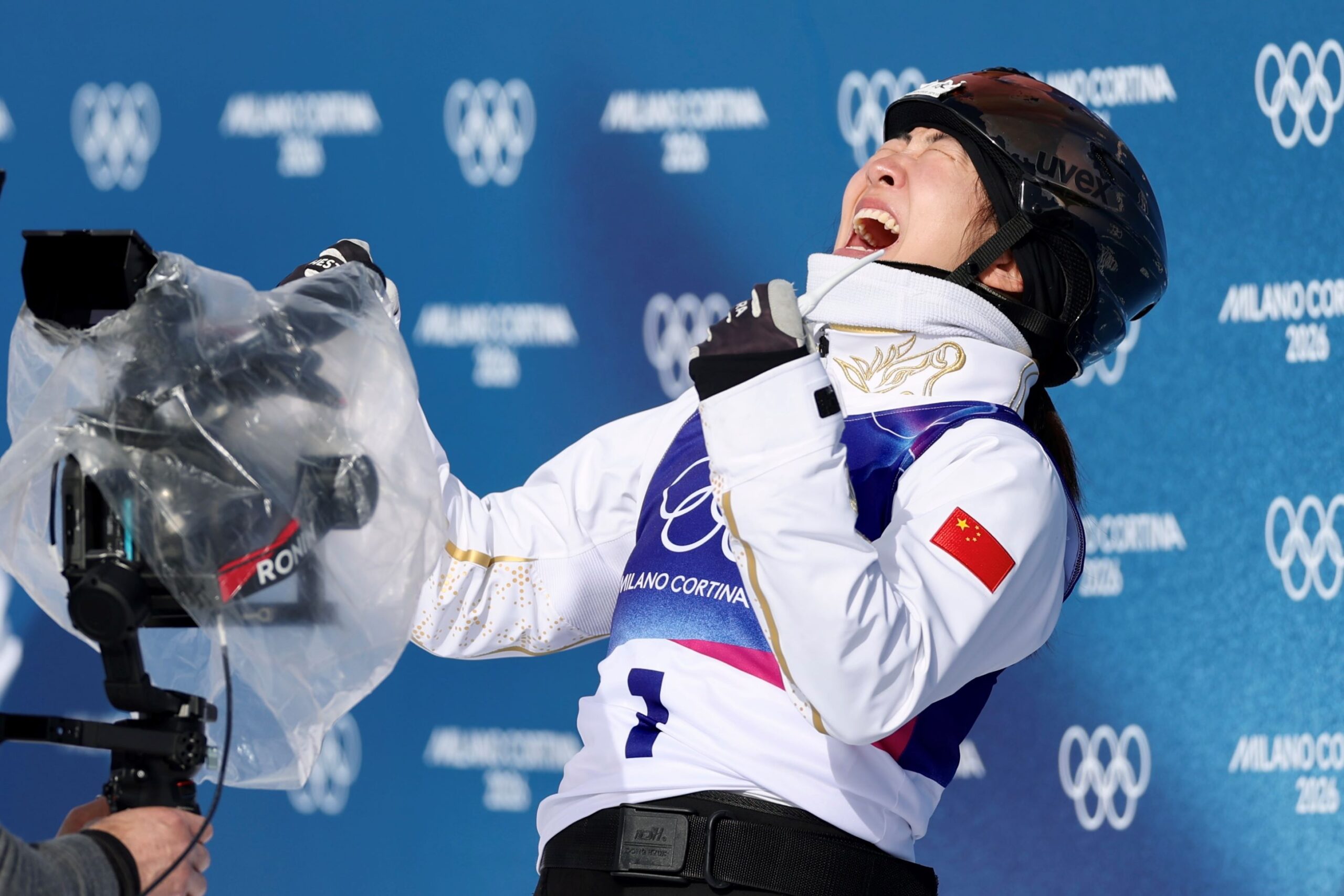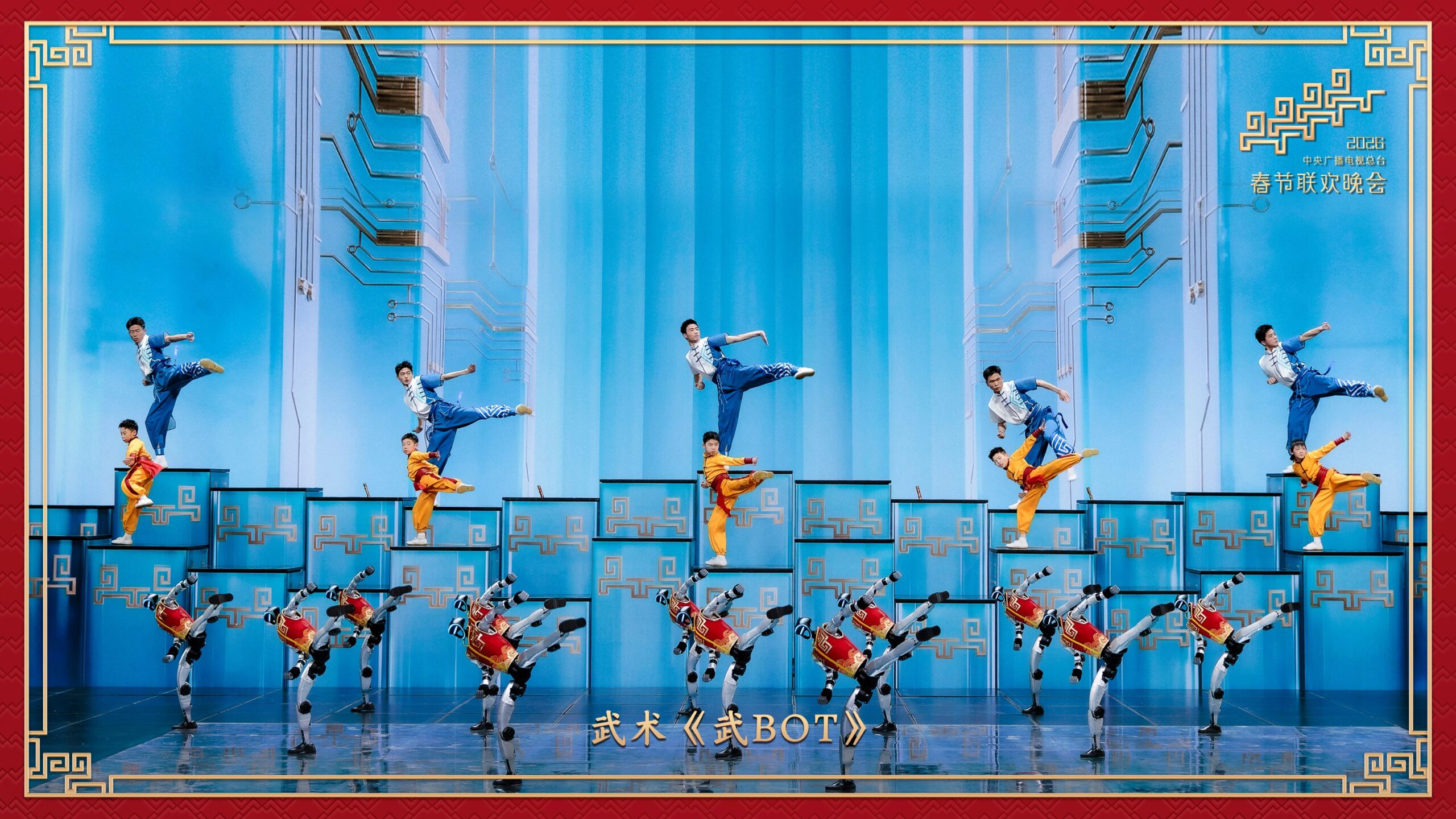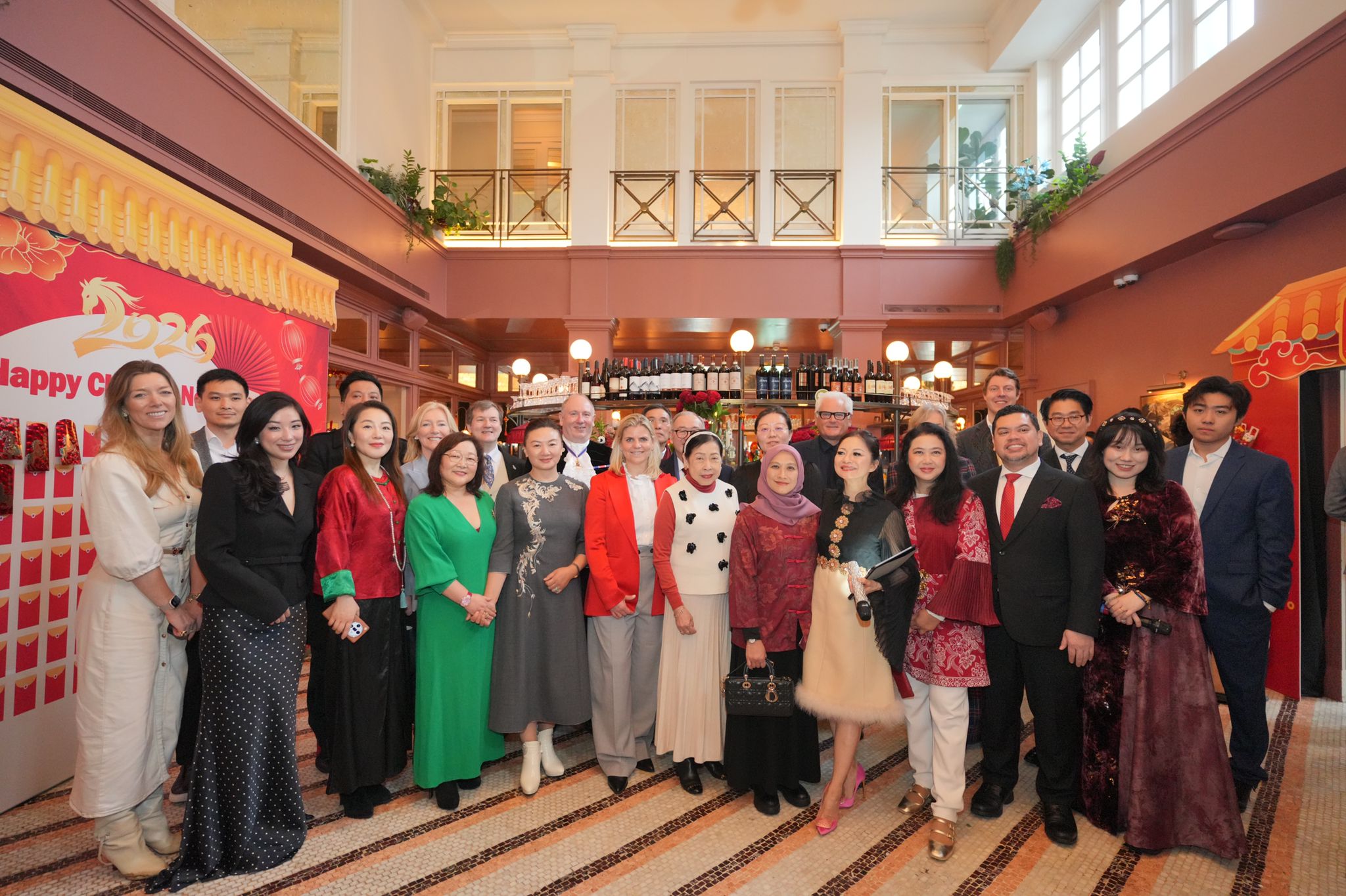Traditional Chinese Medicine is increasingly becoming a new health option for the British public, but it has a suprisingly long history.
The modern journey of Traditional Chinese Medicine (TCM) in the UK dates back to the 1970s, when during Nixon’s visit to China, James Reston, a reporter from The New York Times who was accompanying him, experienced the magical efficacy of acupuncture and moxibustion after undergoing surgery for appendicitis in Beijing. Reston wrote in his report that acupuncture not only effectively alleviated postoperative pain but also left him deeply impressed. Since then, this article sparked widespread interest in TCM in the UK and the US. Acupuncture therapy quickly entered the public eye in the UK, becoming a bridge for early medical exchanges between Britain and China.
By the 1990s, the influence of traditional Chinese medicine had further expanded. A member of the British royal family, Princess Diana, also showed great trust in TCM. It was reported that Diana regularly visited the AcuMeic Clinic in London founded by Prof. Wanfang Mei. She receives traditional Chinese medicine treatments, including acupuncture and herbal medicine. Traditional Chinese medicine treatments brought her a balance of body and mind. This move not only became a part of royal life but also sparked a wave of enthusiasm for traditional Chinese medicine in society. This further brought traditional Chinese medicine into the lives of ordinary British people.
These historic moments showcase the process of traditional Chinese medicine taking root in the UK. It also reflects the trust and acceptance of traditional Chinese medicine from the royal family to ordinary people.
In today’s Britain, traditional Chinese medicine is no longer just a label of “mysterious East”. It has become a new choice for the British people seeking health management. In London’s Chinatown, Hong Ning Clinic, a traditional Chinese medicine clinic has won widespread acclaim for its excellent treatment. Also praised is the affects of traditional Chinese medicine, especially its remarkable efficacy in treating eczema and skin diseases. As well as attracting patients from all over the UK, the famous British dermatologist David Atherton will recommend patients to the clinic. Dr. Luo is hailed as a “miracle doctor from China”, and her self-created herbal tea is even called “magic tea” by many patients. It has become a word-of-mouth healing choice.
In addition to well-known clinics, the number of Chinese medicine training institutions in the UK is also rapidly increasing.
Especially the Shulan College of Acupuncture and Chinese Medicine founded by Dr. Tang Shulan. It has become a benchmark for Chinese medicine education in the UK. Since its establishment in 1993, this college has trained thousands of British Chinese medicine professionals. They have not only provided the UK with a large number of professional Chinese medicine practitioners but also allowed more British students to delve into the study of Chinese medicine culture. The courses at Shulan College of Acupuncture and Chinese Medicine mainly focus on acupuncture and moxibustion, Tuina, and herbal medicine. Many students choose to continue working in Chinese medicine clinics in the UK after completing their studies. Some local British students have opened their own Chinese medicine clinics. Among the practitioners, there are doctors with traditional Western medicine backgrounds. This suggests that the acceptance and development potential of Chinese medicine in the UK is increasing day by day.
In 20 years since its establishment, the Federation of Traditional Chinese Medicine Practitioners (FTCMP) has gathered a large number of Chinese medicine experts and scholars. They have committed to academic and clinical exchanges, improving the quality and efficacy of the industry, and sparing no effort for the healthy and benign development of Chinese medicine in the UK. In 2022, they launched the three-year Dan Huang Shuyuan TCM programme. At the program a team of senior TCM experts with more than 30 years of experience teach TCM. The programme is based on the inheritance of traditional theories. It closely follows the needs of overseas TCM education to reserve talents and strengthen the foundation for the healthy and sustainable development of overseas TCM. The programme is now in its third phase and has trained dozens of professional TCM practitioners.
Data shows that there are currently hundreds of Traditional Chinese Medicine (TCM) clinics operating in the UK. They are located in major cities such as London, Birmingham, and Manchester. The Association of Traditional Chinese Medicine (ATCM) in the UK is also actively promoting the standardization of TCM and facilitating its integration into the mainstream healthcare system of the UK. Nowadays, an increasing number of British are choosing to study TCM and gradually taking on the role of TCM practitioners. Together this is a sign of TCM taking root and gradually developing in the UK.
This trend indicates that traditional Chinese medicine not only brings more diverse health management methods to the British public but also fosters positive development, building a deeper bridge for cultural and medical exchanges between the UK and China.
It can be said that the development of traditional Chinese medicine is gradually gaining recognition from British medical institutions and various sectors of society, and the acceptance of traditional Chinese medicine among the British people is also continuously increasing. As cultural exchanges between Britain and China deepen, traditional Chinese medicine is expected to continue expanding its influence in the UK and even globally, bringing health and hope to more and more patients.
If you liked this article why not read: Why do “foreign disciples” regard Wudang as a second home

